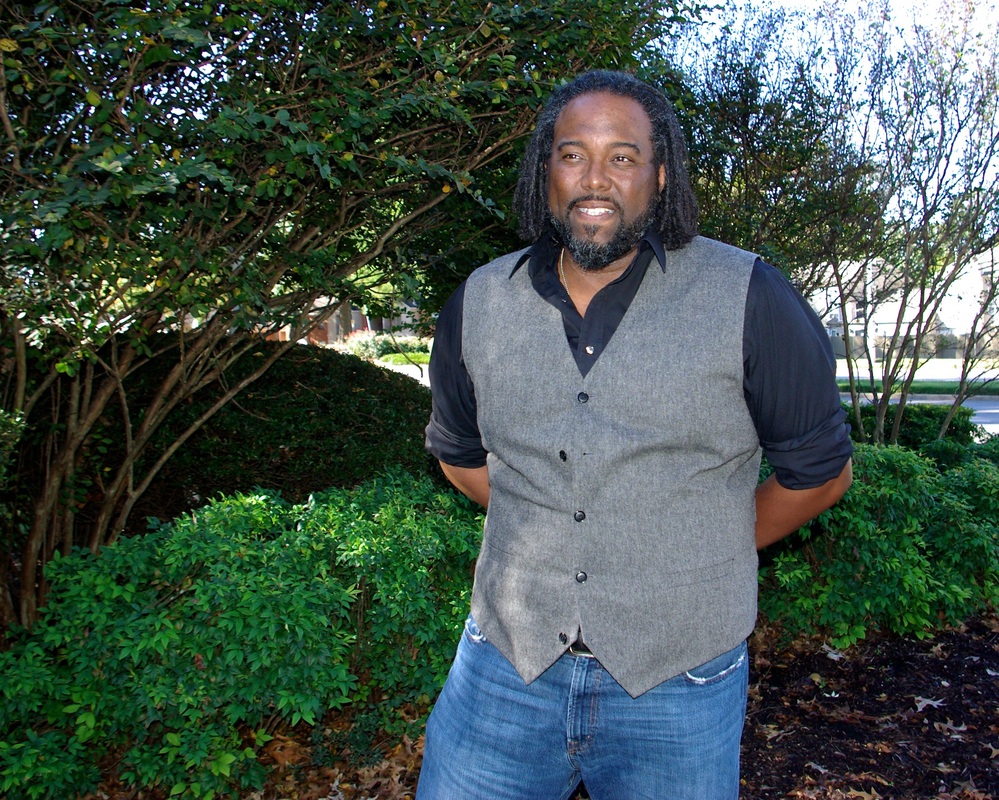"I sensed the racial tension in Memphis the first day I came here. It's palpable. I could feel it in the structure, the streets, even the architecture. It was as though when Dr. King was assassinated, things just stalled. There's been some progress, but there is a glossing over of problems that just have never been dealt with. I was born the day Dr. King was buried, so in some ways bridging the racial divide has always been a part of my life. I want to cross over lines and to help to close the gaps between people. When we get to know each other intimately, we find out that the 'other' is not so different from ourselves.
"Growing up, my family intentionally placed me in environments of diversity, and while we cherished our community and the richness of our culture, we were always exposed to the 'other.' None of that was a problem, but my issue became one of identity. For a long time, I functioned as a chameleon, shaping my personality to fit in with whoever I was around, whether socially, economically, or academically. It was a real challenge to figure out who I was within the mainstream culture and who I was within the marginalized culture, but eventually I came to define myself as God defines me, to doggedly pursue his image of me, and to be my authentic self."
"Growing up, my family intentionally placed me in environments of diversity, and while we cherished our community and the richness of our culture, we were always exposed to the 'other.' None of that was a problem, but my issue became one of identity. For a long time, I functioned as a chameleon, shaping my personality to fit in with whoever I was around, whether socially, economically, or academically. It was a real challenge to figure out who I was within the mainstream culture and who I was within the marginalized culture, but eventually I came to define myself as God defines me, to doggedly pursue his image of me, and to be my authentic self."
Eric Wilson serves as a full-time minister.

 RSS Feed
RSS Feed